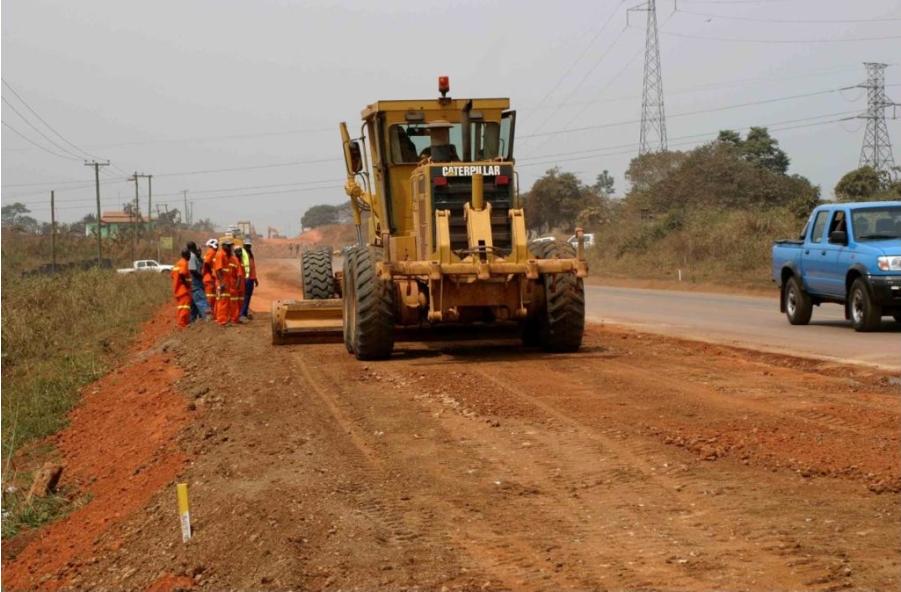The construction of the Masaka-Mutukula Road is set to experience a significant cost increase, with an additional Shs64 billion on top of the Shs751.186 billion already budgeted for the project.
This increase follows the contractor, China Chongqing International Construction Corporation (CICO), requesting that the Government pay the 8 percent insurance fees for the money borrowed from China. This cost was not disclosed during the initial negotiations of the pre-financing agreement.
The Masaka-Kyotera to Mutukula project was launched in March this year to facilitate easier navigation on this crucial trade route linking Uganda and Tanzania. The road had been in poor condition with large potholes, frustrating trade and movement of services between the two countries.
The government entered into a two-year pre-financing agreement with the Chinese firm Chongqing International Construction Corporation (CICO), which has already begun project works. The completion of the project is expected to take four years.
However, during the consideration of the appendix to the pre-financing agreement by Parliament’s Committee of National Economy, officials from the Ministry of Finance and Uganda National Roads Authority (UNRA) were summoned to clarify the new changes in the contract. Buliisa County lawmaker Allan Atugonza revealed to the committee the additional Shs64 billion.
“In the first bid documents, the contractor stated that there would be no insurance charges. Now, they have brought an addendum after changing the scope to include another road, and are trying to add Shs54 billion as insurance for the previous Masaka-Mutukula Road and Shs10 billion for the new road scope. We are finding it difficult to approve the Shs64 billion as insurance without proof that this money will be paid to an insurance company in China,” Atugonza explained.
He questioned the Minister of Finance and UNRA officials: “We are being asked to pay 100 percent on the pre-financing of 60 percent, which seems odd. If we agree to the insurance, we believe the Government should cover 60 percent of the insurance cost, not 100 percent, since we are covering 40 percent of the contract cost. Why should we pay 110 percent of the total contract cost for insurance?”
This revelation surprised the committee members, prompting several questions. Jane Pacuto, the Pakwach District Woman Member of Parliament, asked how such an oversight could occur.
“Initially, insurance was listed as NIL, but now CICO claims that to source financing, they must comply with regulations back home. If this was an error during negotiations, then provide evidence from China that mandates their company to borrow for this purpose. This issue remains contentious,” Pacuto stated.
Despite the concerns, Juvenile Muhumuza, Commissioner of Development Assistance and Regional Cooperation at the Ministry of Finance, defended the 8 percent insurance fee demanded by the Chinese contractor, stating it is on the lower end compared to other insurance firms for similar commercial loans.
“This 8 percent fee is not high. I encourage you to compare it with the fee for the Kitgum-Kidepo Road, which was slightly higher. Historically, insurance fees charged by Sinosure are moderate. Commercial banks charge standard insurance fees, not because Uganda is a risk, but as a common practice worldwide when borrowing,” said Muhumuza.
In December 2023, Parliament approved the Government’s request to enter a pre-financing agreement with China Chongqing International Construction Corporation (CICO) to construct the Masaka-Mutukula Road (89.5 km), rehabilitate the Nyendo-Villa Maria Road (11 km), upgrade the 3.5 km access road to the Uganda People’s Defence Forces barracks in Masaka, and include an additional scope of 28.5 km for the Kikagati-Kafunzo Road.




